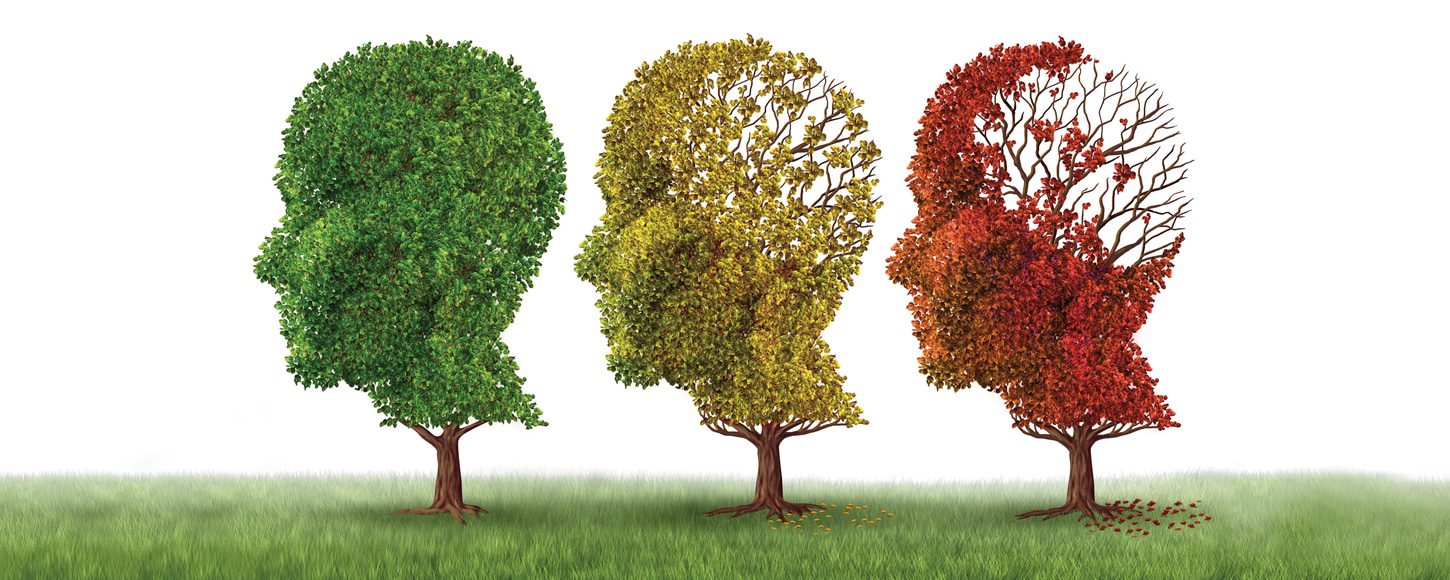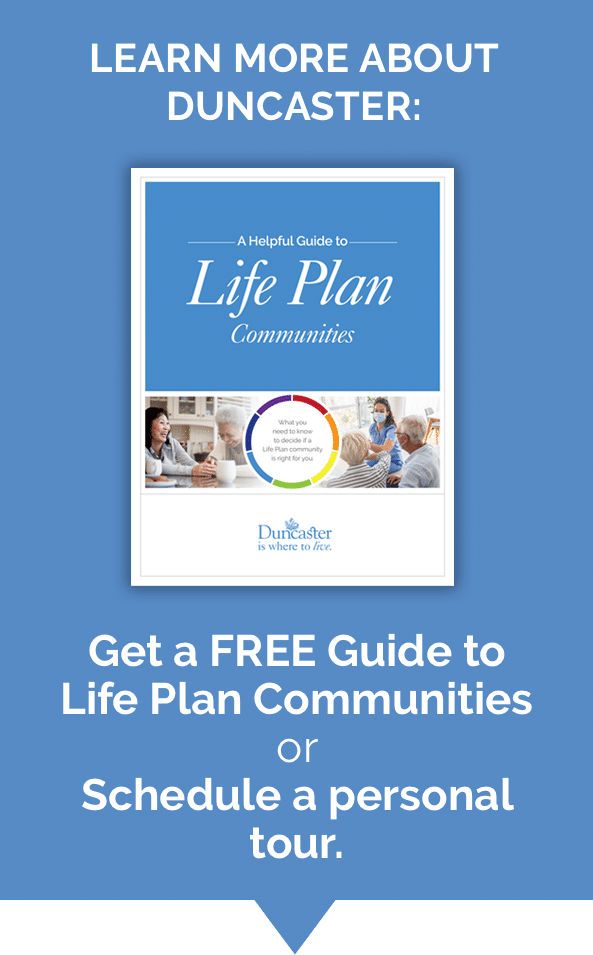
Less must-do. More want-to. | Spring 2023
Dementia in America
- 10% of adults in the U.S. aged 65 or older have dementia.
- Another 22% experience mild cognitive impairment.
- And even though dementia rarely effects people under 70 (just 3%), 35% of people in their 90s have it.
These eye-opening numbers are a result of a study of more than 3,500 people done by Researchers at Columbia University Irving Medical Center. Conducted between 2016 and 2017, the Health and Retirement Study analyzed data from these individuals to determine the prevalence of cognitive impairment in the U.S. And when you combine these results with population projections and increasing life expectancy world-wide, it’s not hard to understand the many challenges we might face as a result of dementia in the coming decades. It’s been projected, that by 2050, there will be a least 115 million people affected by it.
Dementia is the loss of cognitive function, i.e. thinking, remembering and reasoning. This happens when a brain’s nerve cells stop functioning properly, lose connections with other brain cells, and die. But, it doesn’t happen to everyone.
Forgetting things once in a while is normal. But, when memory problems make it difficult for you to do everyday activities like driving or using the phone, or it interferes with your quality of life, that’s when it is cause for concern.
It might be time to talk to your doctor if you or a loved one:
- Asks the same question over and over
- Gets lost in familiar places
- Finds it difficult to follow directions or recipes
- Gets confused about time, people or places
- Does not take self-care (eating poorly, not bathing, behaving unsafely)
So how do we fight back and help our brains stay healthier, longer?
Brain change is inevitable, but it is possible to focus on cognitive fitness to help keep your brain healthier, longer.
- Ask your doctor for a review of your potential risk factors—the earlier the better.
- Don’t put off focusing on your cognitive health which can actually be fun and enjoyable. Attend lectures and workshops. Make new friends and reconnect with old ones. Volunteer. Travel. Visit museums and historical sites. Play games. Learn a new skill. Read. The more you do, the sharper you’ll keep your brain.
And keeping your brain sharp is easy at Duncaster! You can take a course through the University of Hartford’s Presidents’ College, enjoy on-campus lectures and guest speakers, or meet new friends and discover new interests through over 40 resident-run groups and clubs. Our ideal location also puts you just minutes from the museums, historical attractions, art and culture of the greater Hartford area.
If you’re ready for a healthier, more rewarding lifestyle, you can find it at Duncaster. Learn more when you schedule a personal tour. Call Lisa Greene, Vice President of Sales & Marketing, today at (860) 380-5021.
Sources:
America Has a Dementia Problem. Here’s How to Solve It; Tanner Garrity for Inside Hook
Columbia University Irving Medical Center
National Institute on Aging





